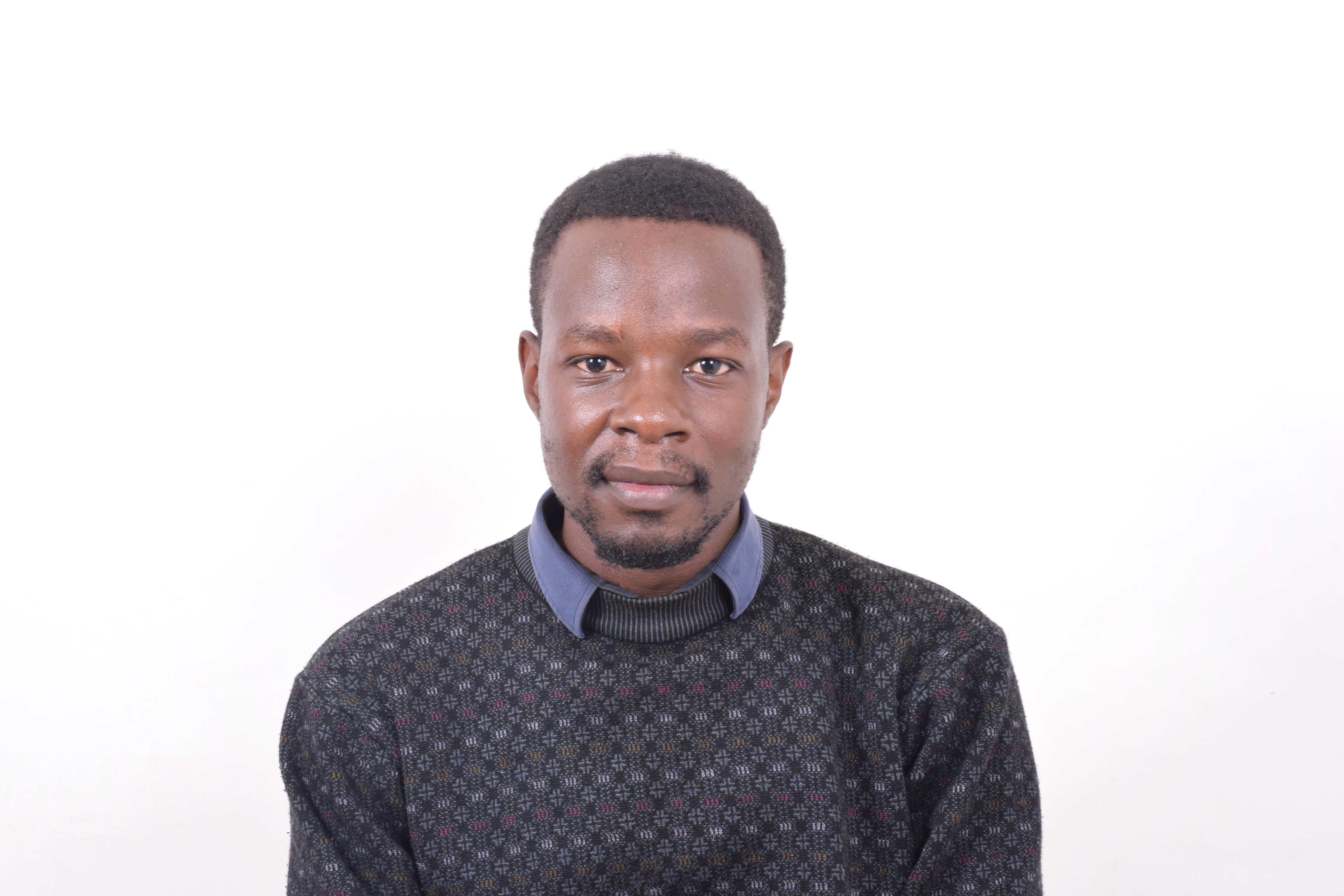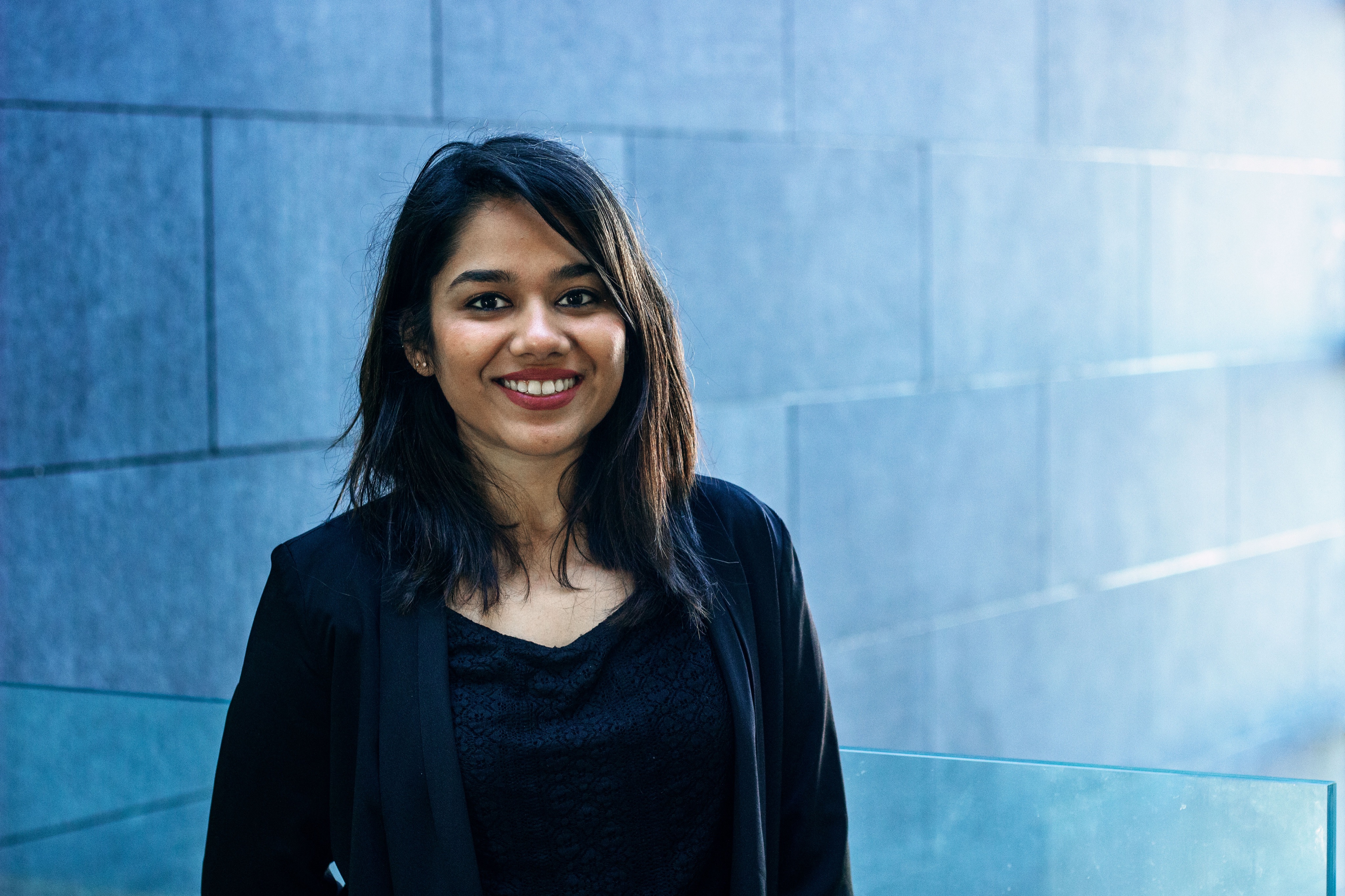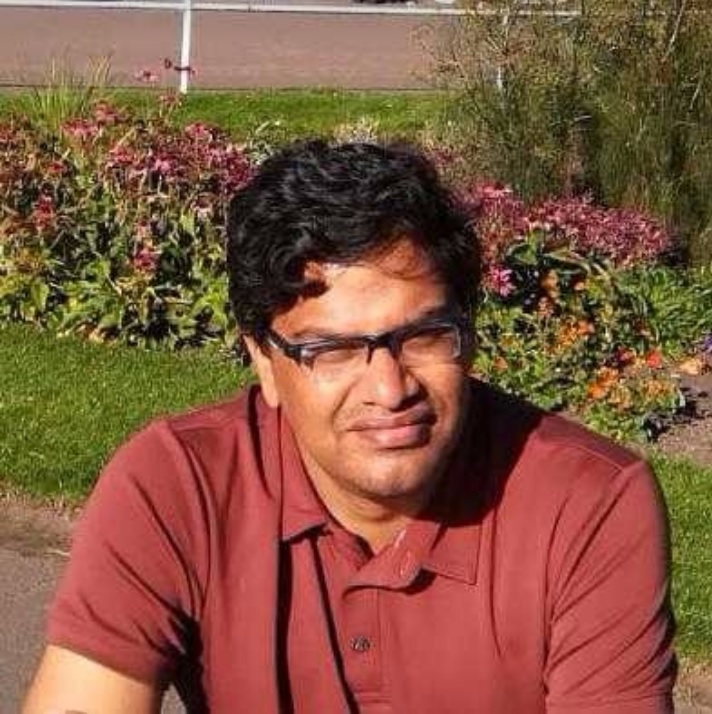
The COVID-19 pandemic has shone a light on the major role and value of the research community in our country. In April Government announced details of the first 26 projects that will receive €5 million funding under the COVID-19 Rapid Response Research and Innovation Programme. Many of the researchers working on these projects are working in our universities and IoTs thanks to the Hosting Agreement Scheme.
The Fast Track Work Permit Scheme for R&D (known as the Hosting Agreement Scheme) enables approved research active enterprises to recruit highly qualified experts from outside the European Economic Area (EEA) for their R&D departments in Ireland. Since the scheme was introduced in 2007 4,900 researchers have been hired and 60 companies are accredited so far with scope to grow this number significantly.
Here are some of the researchers who have chosen to stay in Ireland, with the help of the EURAXESS Hosting Agreement Scheme.
Name: Dr. Vikram Niranjan
From: India
Working at: University of Limerick
some meaningful research which would help different stakeholders such as medical professionals, policy makers, organisations, patients and people to understand the health impacts. The first study is about conducting a rapid realist review of health policies in Ireland which came into act after COVID-19.
It aims to review healthcare policies to understand how healthcare delivery has been reorganised in light of the COVID-19 pandemic with research questions:
1. What is the impact of COVID-19 on regular processes of healthcare delivery? (including care for COVID-19+ve patients and non-COVID-19 services)
2. Do policies change through time? Is it possible to identify the reasons why these policies change?
The study guidelines are inspired from UCL, UK team who are guiding 19 other countries. It will help to assess the guidelines and prepare a robust plan for management of COVID-19 at the moment and in future.
I strongly believe that the research exposure, training, networking opportunity which I received while working University of Limerick, Ireland has helped me to undertake the above research activities which would help in understanding the impact and management of COVID-19, both in Ireland and other countries, especially South Asia. I feel fortunate and worth coming to Ireland as post-doctoral researcher on hosting agreement, along with my family!
Name: Fernandos K. Ongolly
From: Kenya
Working at: University College Dublin
Research Title: Solidarity in times of pandemics
As an international researcher it is important for me to conduct my research in Ireland because it grants me a multicultural environment and an opportunity to work with a diverse team of researchers from all over the world. This was made easier by the fact that there is no complicated process of coming here to work and learn. Ireland for me is not only a workplace but a pot of diverse cultures for researchers interested in more than sitting in a closed laboratory.
Moving to Ireland from Kenya, I was amazed with how social the Irish people are and a lot of similarities with my own culture. I learnt this mostly from my colleagues at UCD. This helpful and ‘happy’ nature was very exciting to me especially when I was requested to work in a pan-European COVID19 study including the Republic of Ireland which I accepted with open arms.
Name: Dr Nidhi Kedia-Mehta
From: India
Working at: Affiliated with UCD and Maynooth University,
Research title: MAIT cell function and metabolism in patients affected with COVID-19
To fight this deadly disease, our bodies need to initiate a well-balanced immune response to get rid of the virus. Our research aims to study the immune system of the patients that needed hospitalisation after contracting SARS CoV-2. Our lab looks at a particular type of immune cell called the mucosal associated invariant T cell or MAIT cell, that has been implicated in the pathogenesis of autoimmune diseases and obesity related co- morbidities.
Through this research we aim to study the functional and metabolic characteristics of this particular cell type in patients suffering with COVID-19. We hope that this research would eventually help to find therapeutic targets that would aim to quell the damaging effects of an uncontrollable immune response.
Although away from home, I am happy to help the fight against COVID-19 because this has affected the whole world, which means we all need to unite no matter where we come from. Additionally, being in Ireland and being associated with some of the best universities here has given me the opportunity to contribute in a bigger way than I ever thought possible.
Name: Dr Rejwanul Haque
From: India
Working at: ADAPT Centre, Dublin City University, Ireland
Research Title: Facilitating Access to Multilingual COVID-19 Information via Neural Machine Translation




